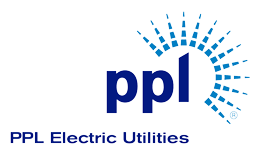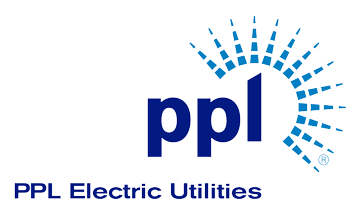PCB Hazards
 Polychlorinated biphenyls, or PCBs, are a probable carcinogen that may be found in transformer oil. PCBs were widely used for cooling electric capacitors and transformers until the EPA banned them from most uses in 1979. A yellow warning label is required on certain equipment that contains PCBs at a concentration of at least 500 ppm. However, at low concentrations or with specific types of equipment, this label may not be required. So, you cannot assume that PCBs are not present just because there is no label.
Polychlorinated biphenyls, or PCBs, are a probable carcinogen that may be found in transformer oil. PCBs were widely used for cooling electric capacitors and transformers until the EPA banned them from most uses in 1979. A yellow warning label is required on certain equipment that contains PCBs at a concentration of at least 500 ppm. However, at low concentrations or with specific types of equipment, this label may not be required. So, you cannot assume that PCBs are not present just because there is no label.
Assume that all oil releases from electric equipment contain PCBs; address these incidents as hazardous chemical releases, and follow your department’s hazardous materials safety precautions.
During the 1980s, PPL Electric Utilities proactively SEARCHED FOR and REMOVED all KNOWN PCB and PCB-contaminated equipment on-system. As a measure of continued safety, PPL Electric Utilities recommends that all encountered oil releases be initially treated as containing PCBs until PPL Electric Utilities proves otherwise through testing or equipment labeling, or based on the age of the equipment (built after PCBs banned).


